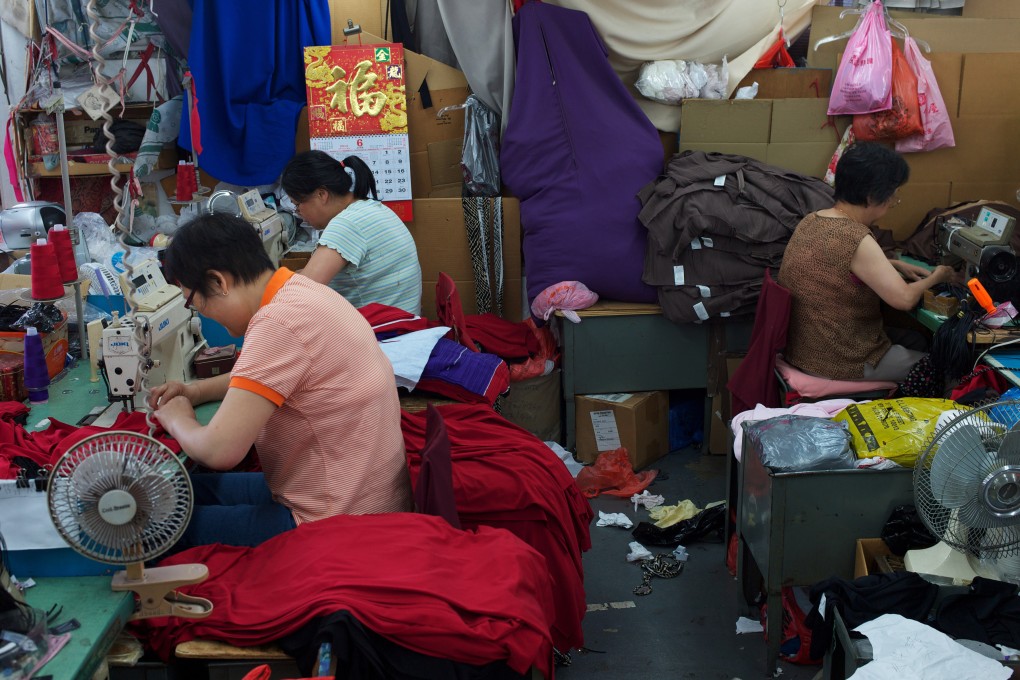Living in the US, ‘operating in Chinese’: a bitter childhood recalled without judgment in Anna Qu’s memoir Made in China
- Left with grandparents in China, reunited in the US with a mother who seemed a stranger, and later put to work in a sweatshop, Anna Qu had a traumatic childhood
- Yet she digs up all this, and what followed, with skill and without passing judgment in her memoir Made in China. ‘I’ve always understood why,’ she says

Made in China: A Memoir of Love and Labor by Anna Qu, pub. Catapult
Inked in typewriter font on Anna Qu’s forearm is the title of her debut memoir: Made in China. The tattoo came first, she says, and testifies to the deeply personal nature of this project for Qu.
Ten years in the writing, Made in China is a skilful and emotive excavation of a traumatic childhood split between China and the United States. As well as playfully reclaiming an often pejorative tag, the title attests to a personal history that, she says via Zoom from New York, even those close to her don’t know well.
Born in Wenzhou, on China’s southeastern coast, Qu, now 37, was left with grandparents as a small child when her widowed mother moved to the US to build a new existence. “I was the girl without parents; a father dead, a mother who left to start a new life,” she writes in the book. In America, her mother married a Taiwanese man, and eventually returned to China to reclaim her seven-year-old daughter.
This was by no means a straightforwardly happy reunion, however. Her mother “had the familiarity of someone I once knew, but no longer felt close to”, she writes. After her arrival at the new family home, in Queens, New York, she was treated by both parents as inferior to her two new half siblings, Henry and Jill. Her initial experiences of family life in America are confusing, alienating, but it is during Qu’s teenage years that her mother’s neglect hardens into something far more malign.
First, after a confrontation with her parents, she is suddenly sent back to China, by herself, to live with unknown acquaintances of her mother in Xian. When, after six traumatic months, her mother acquiesces and agrees to bring her back to America, she is sent, aged 15, to work in her parents’ sweatshop, putting in long hours trimming fabric – up to 50 hours a week – and having to catch the train home while her parents leave early by car. Eventually, after she reveals her situation to a school guidance counsellor, a call is made to child services. Much of the book deals with the aftermath, emotional and familial, of this devastating period.
